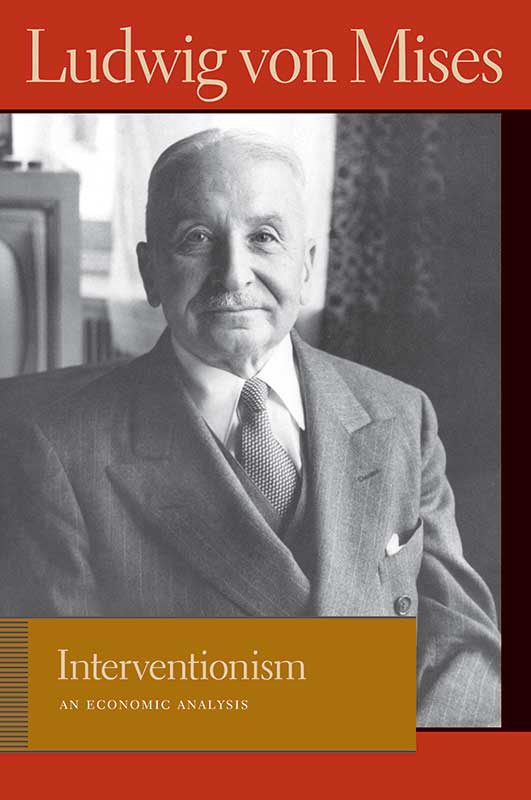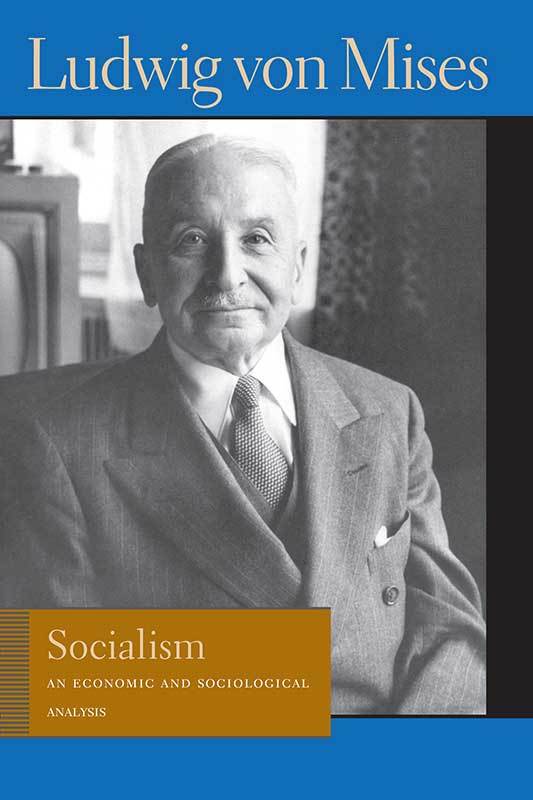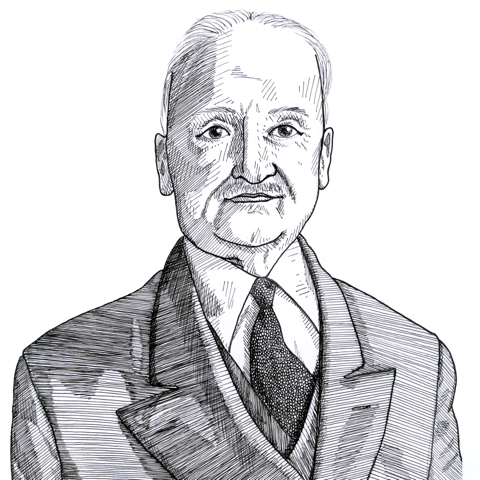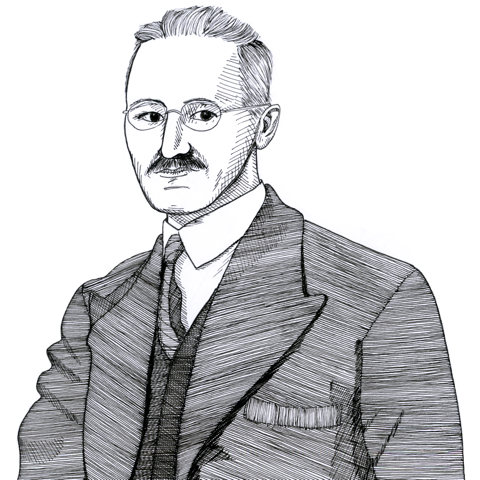
Interventionism: An Economic Analysis
- Ludwig von Mises (author)
- Bettina Bien Greaves (editor)
Interventionism provides Mises’s analysis of the problems of government interference in business from the Austrian School perspective. Written in 1940, before the United States was officially involved in World War II, this book offers a rare insight into the war economies of Hitler’s Germany and Mussolini’s Italy.
Show more
Mises criticizes the pre-World War II democratic governments for favoring socialism and interventionism over capitalist methods of production. Mises contends that government’s economic role should be limited because of the negative political and social consequences of the economic policy of interventionism.
Related People
Critical Responses
Liberty Classic
Liberty Classic ReviewWalter Block
Decisive Blows
There is no small book that can take the place of Ludwig von Mises’ magisterial book, Human Action.2 However, if there were a contest for shorter publications that could substitute for it, his own book, Interventionism, would be high up on my list in this regard.
Connected Readings


Book
Socialism: An Economic and Sociological AnalysisLudwig von Mises
On the impossibility of central planning

